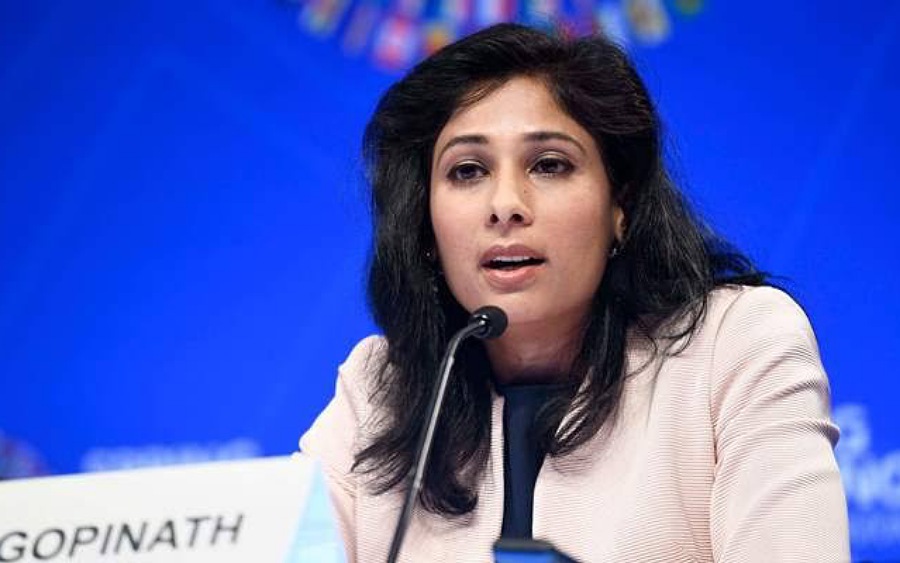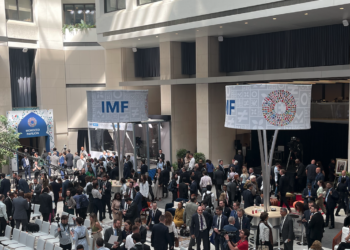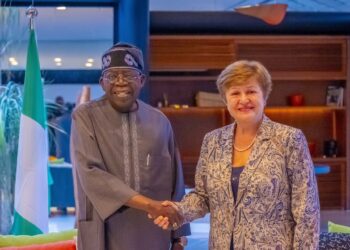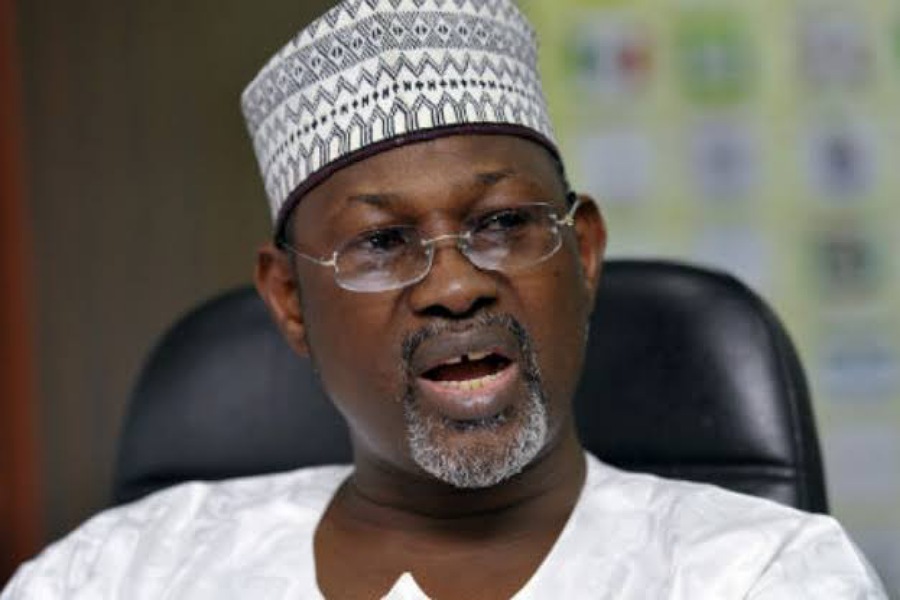The International Monetary Fund has stated that financial sanctions against Russia threaten to erode the US dollar’s supremacy over time, potentially leading to a more fragmented international monetary system.
The IMF’s First Deputy Managing Director, Gita Gopinath, told (FT) Financial Times.
The US and its allies have slapped Russia with a slew of penalties in response to its late-February offensive on Ukraine. The attack was described by Russia as a “special operation” aimed at disarming its neighbour.
What IMF is saying
“The dollar would remain the major global currency even in that landscape but fragmentation at a smaller level is certainly quite possible,” Gopinath told the FT in an interview,
She went on to say that some countries have already begun to renegotiate the currency in which they are compensated for trade. She also stated that the crisis will accelerate the adoption of digital finance, which includes everything from cryptocurrencies to stablecoins and central bank digital currencies.
According to Gopinath, the increased usage of foreign currencies in global trade will lead to a larger diversification of national central banks’ reserve holdings.
She had earlier said the sanctions against Russia do not foreshadow the demise of the dollar as the reserve currency and that the war in Ukraine will slow global economic growth but will not cause a global recession.
What you should know
- One month after the invasion, Russia is now the most sanctioned country in the world. Freezing central bank reserves and kicking some banks out of the international payments system has battered the ruble and caused the country to teeter on the verge of default.
- Overall, the U.S. has frozen the assets of 852 people, the European Union 775 and the U.K. 982. But many of those sanctions do not overlap. While almost 550 people have been sanctioned by both the U.K. and EU, common ground within the U.S. is more elusive.
- The economic damage from the war in Ukraine is worsening across Europe as already-record inflation soars further and Germany faces a danger of recession because of its dependence on Russian energy.
- Russia’s Putin said last week that “unfriendly” nations would be asked to pay for their natural gas in rubles — causing a spike in European gas prices.
- Vladimir Medinsky said on Russian television that Ukraine has written a letter stating that it was willing to give up its objective of joining NATO, embrace “non-bloc” status, renounce nuclear and other weapons of mass destruction, and agree not to host foreign troops or military bases on its soil.





















